Occurrence & cultivation of opium poppies

The annual plant is between 30 and 120 centimeters high. It has a round stem that is usually not branched and is often covered with a few fine hairs. The leaves look gray-green, elongated, toothed and brittle. The plant has only four wrinkled-looking petals. They can vary from white to purple and have a purple spot in the center that looks like a rounded cross. There are also ornamental forms of the opium poppy with red petals.
After the flowering period from June to August, round fruit capsules with blue-black seeds develop. These are the only part of the opium poppy that is non-toxic and is used in baking. All other parts of the plant contain toxic alkaloids in lower or higher concentrations. The milky sap in the seed capsule is particularly toxic, it contains a high proportion of opium alkaloids.
Effect & application
The milky sap thickens in the air and becomes raw opium. Among other things, this is the starting material for heroin and morphine. That is why the cultivation of opium poppies, also as an ornamental plant, requires approval. Ingredients in poppy seeds include morphine, codeine, narcotine, papaverine and thebaine. They affect the peripheral (involuntary) nervous system, which is why the opium poppy belongs to the group of active substances called neurotropic antispasmodics.
Spasmolytics have an antispasmodic effect on the muscles of the internal organs. The constituents of the opium poppy, especially morphine, have a strong analgesic and calming effect. The alkaloids also have an antispasmodic, cough-relieving and sleep-inducing effect. They are particularly effective in the case of strong irritable coughs without sputum. The opium poppy is also used for cramping complaints in the gastrointestinal tract and for respiratory problems.
The active ingredients contained in the plant relax the muscles in the gastrointestinal tract and thus slow down the bowel movements. This relieves cramps in the stomach and intestines. The ingredients of the poppy seeds also influence the respiratory function. The activity of the respiratory center in the brain is dampened and the urge to cough is suppressed. The active ingredient codeine is contained in cold medicines, including cough syrup and codeine Forte drops.
Morphine is used for severe pain, for example due to cancer or chronic pain with various causes. Due to the high potential for addiction, these preparations are subject to the Narcotics Act and are only prescribed after careful review by the doctor.
In the past, opium was obtained from the opium poppy, which was used as oils, ointments, pills or plasters for depression, restlessness and sleep disorders. In the Middle Ages, opium was a component of a medicine used against diseases such as the plague and contagious fever, the theriac. The dried seeds of the poppy plant were swallowed with wine to treat intestinal diseases such as diarrhea. Today the seeds are used in cakes and pastries. Baked poppy seeds hardly contain any morphine.
Medicines containing the active ingredients of the opium poppy can have various side effects, including allergic reactions such as skin irritation or breathing problems and nausea and vomiting. In the case of known hypersensitivity to the active substances, disorders of the respiratory center or diseases with impaired respiratory function, these preparations must not be used.
Further contraindications are intestinal obstruction, impaired consciousness, diseases of the adrenal glands, pancreatitis and acute liver and biliary tract diseases.
In homeopathy, the opium poppy is used for complaints that occur as a result of shock, excitement, operations or loss of consciousness. For example, in the case of constipation, intestinal paralysis, fainting, insomnia, homesickness, feelings of fear or headaches when psychotropic drugs are misused. These preparations are also prescribed by the doctor and their effect is checked.
Importance for health, treatment & prevention
The cultivation of opium poppies is prohibited in some countries or requires a permit. Nevertheless, the ingredients are used in medicine, because medicinal plants and their ingredients have always played an important role in all cultural circles. Medicinal plants were used to treat injuries and illnesses in early history. The use of medicinal plants has even been observed in great apes.
When researching new drugs, the active ingredients of medicinal plants are taken into account. Artificial active ingredients are made on the model of naturally occurring substances, such as codeine. Nevertheless, medicinal plants continue to play an important role in the treatment of diseases. Active ingredients of the opium poppy in the form of globules, tinctures or ointments are used particularly in homeopathy.
Due to the risk of addiction and the possible side effects, the intake of low-dose preparations should also be carried out under medical supervision. The abuse of poppy seed extracts, mainly opium and the drugs derived from it such as heroin, leads to physical and psychological dependence. Even if you take codeine-containing cough syrups for a long time, you may become dependent, and your ability to drive is significantly reduced after ingestion. When used sensibly and well dosed, the opium poppy is an important remedy in medicine. Used correctly, severe pain can be relieved and the quality of life of sick people improved.


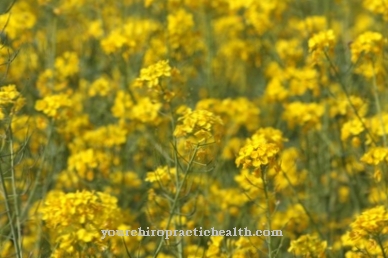
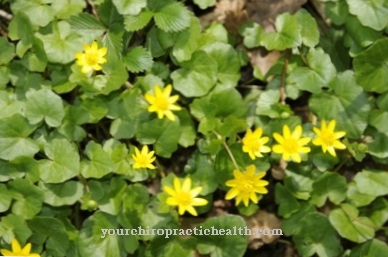
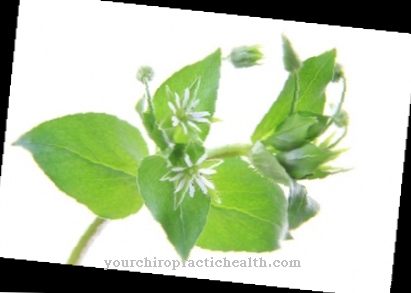
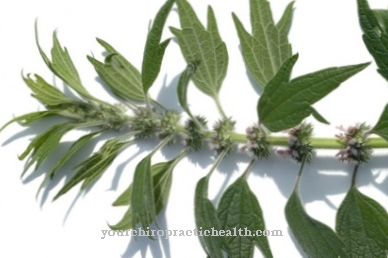
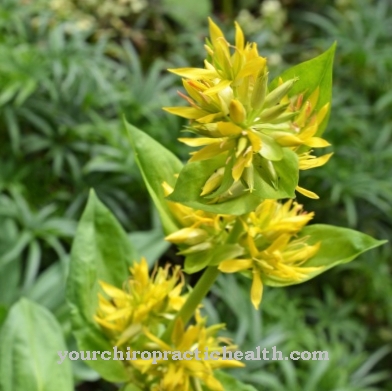

















.jpg)



